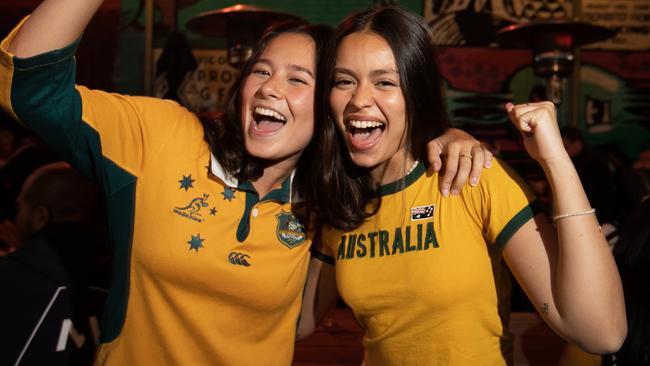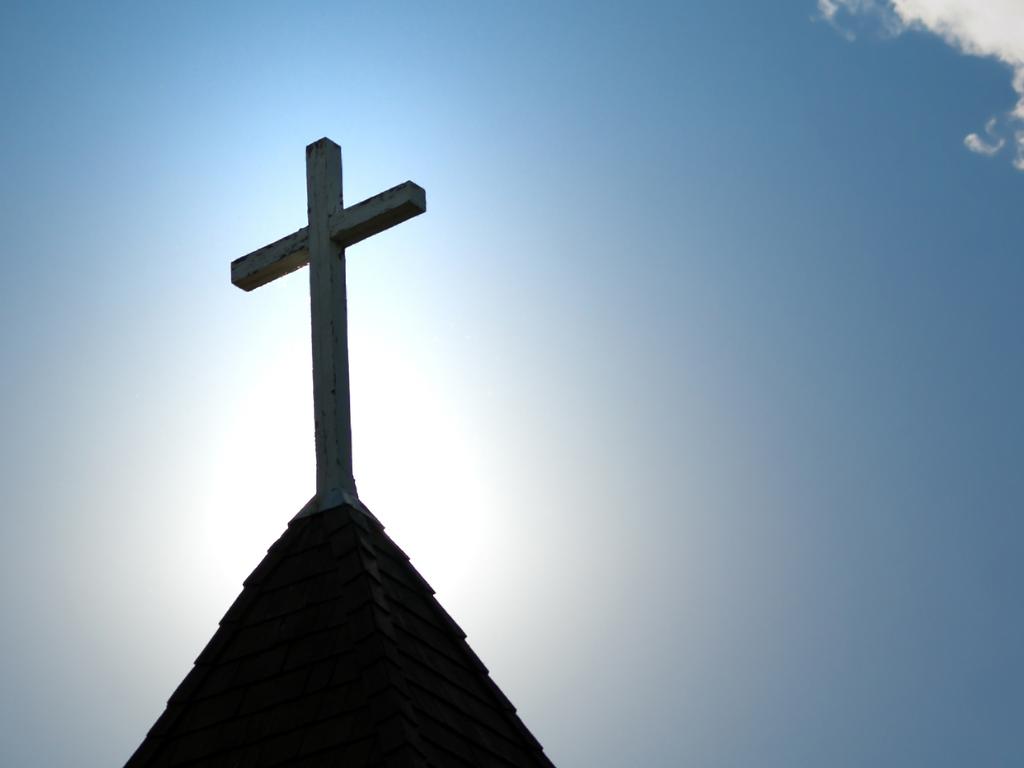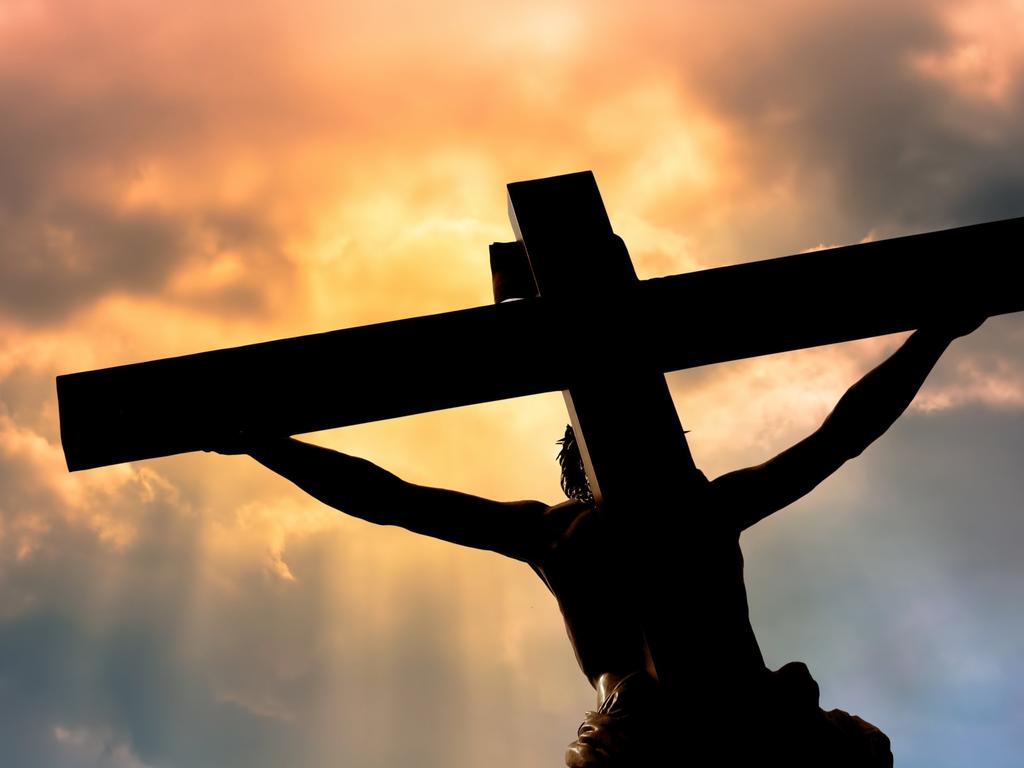
The ascendancy of bro is evidence of a social and cultural shift in Australia in the post-pandemic world. Our language is increasingly aligning with our cultural influencers and geopolitical partners. Friendly male terms – some might say endearments – like cobber and digger lost currency decades ago. Bloke – perhaps a tad too blokey – was usurped by guy in the early 1970s. Guy is more flexible, agile, inclusive, and can be used to refer to men and women – as in “you guys”.
Mate is quintessential Australian parlance. It partners g’day, as in “g’day, mate”. Mate can be an endearment but it can also be deadly serious as in, “You don’t want to mess with me, mate”. Somehow, I just can’t see “g’day, mate” surviving the transition to “g’day, bro”.
Maybe today’s bro is a second attempt to get a foothold in our culture. In the delightful 1968 Beatles song Ob-La-Di, Ob-La-Da there is a line “life goes on, bra/La-la, how the life goes on.”
Bro in Britain comes in the bruv format, but I doubt that this iteration derives from the US. To me bruv’s genesis is London’s East End.
The American bro also comes in another configuration, namely bruh, which is more abrupt – even curt – than the soft-sounding bro. Each intonation has evolved to fulfil a specific purpose.
Words gain currency and usage only when the wider environment is conducive. The Beatles’ bra never caught on, partly, I suspect, because it was a single term overshadowed by the brilliance of the song. Who is going to notice a bland bra when it sits among a scintillating phonetic arrangement like “ob-la-di, ob-la-da”?
Bro is inclusive. It can be friendly or threatening. It effortlessly replaces mate, thus cutting yet another thread to an older, perhaps less relevant, Australia. It speaks the language of influencers, of cultural role models, of movie stars, of sporting heroes. Bro is not the language of politicians.
It is a term owned by the young, which is reason enough to ensure its longevity.
When the Australian “mum” is pronounced and spelt as mom you will know our independent identity has fallen.
I am deadly serious. At current rates mom might well emerge as the dominant contraction of mother at some point in the 2030s. Mom, bro, guy – don’t get me started on airplane – are soft-culture sorties by a bigger force that aids cultural realignment.
The question is whether a nation like Australia, an eclectic mix of evolving cultures, should hold on to all parts of its language and culture? Or whether we should be content to go with the flow and evolve in whichever direction we are blown?
I am all for change but I quite like some uniquely Australian things to be forever retained, like mate, g’day and mum. I like America and the Americans, but I like being Australian more.








Another Americanism has snuck its way into the Australian lexicon, primarily via the young. The term “bro”, short for brother – which is African-American slang – is widely used here to the extent that I wonder whether it is on a mission to supplant that most Australian of terms: mate.